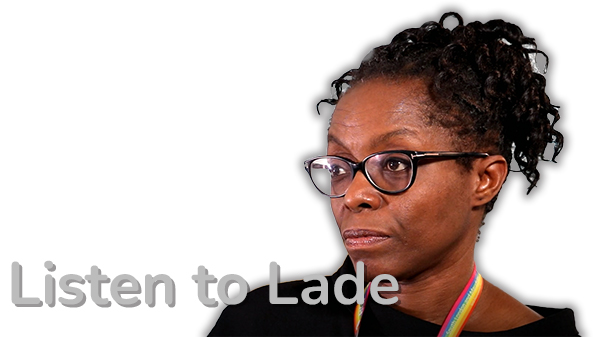MODULE 1: ACDS AND BLACK SERVICE USERS

This module focusses on the specific benefits of ACDs for black service users with the aim of reducing disparity in detention under the Mental Health Act for this group.
We acknowledge there are other ethnic minority groups, however research has shown that Black Caribbean or Black African people are more likely to be detained under the Mental Health Act.
A systematic review of several randomised trials found that admission under MHA can reduce by 25% where ACDs are in place.
ACDs appear to work really well for black people
Research has shown black people have positive experiences from ACDs.
In this clip we see two consultant psychiatrists discussing the benefits of ACD for black people who use mental health services.
A DISCUSSION BETWEEN A PERSON WHO USES SERVICES AND A RESEARCHER EXPLORING THE IMPACT OF ACDs FOR BLACK PEOPLE
Here we see a discussion between a person who uses services and a researcher exploring the impact of ACDs on black people.
This video looks at important considerations for people when developing an ACD and draws on personal experience of the service user in the discussion who had an advance directive and a positive therapeutic relationship with his care co-ordinator.
KEY POINTS FROM THE DISCUSSION
- Develop the ACD when the person has capacity
- It can include preferences for medication as well as important issues like how their pet should be cared for should they become unwell in the future
- Listening is vital – important to hear what the person using services is saying and they are treated as an individual
- ACDs support people to think about what help they need if they become unwell again
- Implementation of ACDs will be challenging, staff need to engage in improving things for people who struggle in mental health care
- It is important to acknowledge what worked well previously and did not work well
- It is important to strive for equity for everyone, improve their outcomes and support them to fulfil the things they want to achieve in life
- The person who uses services had a previous advance directive. This is not exactly the same as the new proposed ACDs but has similar elements to ACDs and the person speaks from their own experience

